The report addressed to the Eighth Session of the Conference of States Parties to the Convention on the Rights of Persons with Disabilities by Mr. Dehghani, Ambassador and Deputy Permanent Representative of the Islamic Republic of Iran to the United Nations on June 10.
the following is full text of the speech:
Mr. President,
At the outset, let me congratulate you and your vice chairs on your election for presiding over this important annual meeting and wish you every success in leading this conference.
Today, nearly one billion persons in the world are living with disabilities and 80 percent of them are living in the developing countries which redouble the importance of mainstreaming disability in the reduction of poverty and inequality at all levels.
Poverty and ignorance create acute inequality especially among vulnerable people like persons with disabilities. Therefore, empowerment and education as well as entrepreneurship and employment are inevitable, especially for persons with disabilities around the world.
the Islamic Republic of Iran with a new government in power for some two years has adopted just last month with a cabinet approval of a new comprehensive legal framework for persons with disabilities in Iran which consists of 11 chapters and 63 articles some of which needs parliament's consent.
The new comprehensive disability act aims mainly at reducing inequality as well as poverty for persons with disabilities across the nation. The new comprehensive act covers a wide variety of issues and services including among others, accessible cities, quality rehabilitation and medical services, insurance coverage, sports, education and higher education, entrepreneurship and jobs, judicial services and prevention policies.
The government of the Islamic Republic of Iran gives a high priority to empowerment for persons with disabilities and it would not be realized without education and training. Higher education and vocational training are two major tools to make persons with disabilities, eligible for appropriate jobs throughout the country so the entrepreneurs are able to offer them the job they deserve.
Moreover, the government furnishes the entrepreneurs with incentives if they offer modern trainings and cutting edge technology and equipment which can empower persons with disabilities and make them competent for the job market. Article nine of the new comprehensive disability act of Iran stipulates that all entrepreneurs who import required equipment and materials for pre-employment training of persons with disabilities will be exempted from import taxes and levies.
As women with disabilities are more vulnerable to discrimination and other abuses in the job market, a special attention has been paid to them in the policy making for persons with disabilities in Iran. According to the first national report of the Islamic Republic of Iran on the implementation of the convention to the committee on the rights of persons with disabilities in December 2013, many measures have been taken for the empowerment of women with disabilities. Reinforcement of special education, cultural and sport centers for women by supporting pre-vocational training for school girls with special needs and advocating vocational training for girls in high schools are among the measures adopted by the government of the Islamic Republic of Iran.
Mr. President,
We believe that new opportunities including sport should be provided to the persons with disabilities to re-empower them and eventually reintegrate them in to their own societies and communities as successful persons with a new face of life.
Nowadays, In Iran, on the anniversary of the national Paralympics day, every year, around 30,000 people with disabilities, about half of whom are women, are introduced to different Para-sports.
Last year Mrs. Zahra Nemati, the first ever Iranian woman who won gold medal in Paralympics was invited to the UN where she spoke on the empowerment of persons with disabilities through sports. We are pleased that she was then after was nominated by international Paralympics committee and selected by the foundation for global sports for development as one of the eighteen athletes in excellence award winners. She then started an NGO in Iran for the empowerment of persons with disabilities through sport. She is now aiming at a higher ambition and participating the qualifying phase of the Olympic Games 2016 to participate both Olympic and Paralympics in archery.
Mr. President
In parallel to the governmental efforts, it is worth mentioning that the Iranian non-governmental society of persons with disabilities had great achievements both in quantity and quality during the past 3 decades. The number of NGOs and charities which are active on the rights of persons with disabilities is growing and the awareness rising among the public is on a rise, while defending the rights of persons with disabilities in different fora.
In closing Mr. President,
We believe that the appropriate inclusion of the rights of persons with disabilities in the post-2015 development agenda is an imperative which should be taken seriously in to consideration by the international community and in crafting the relevant indicators we call upon all stakeholders to include persons with mental and neurological disabilities and leave no one behind.







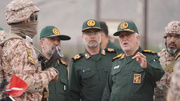

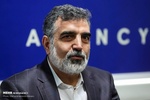


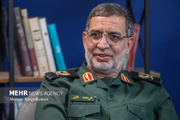
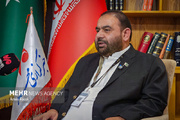
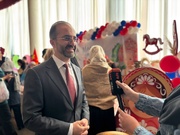
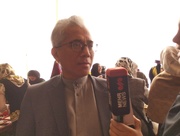


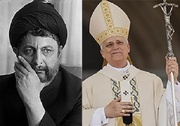
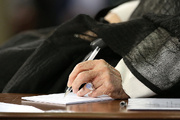
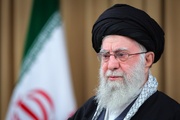


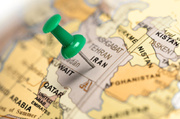
Your Comment